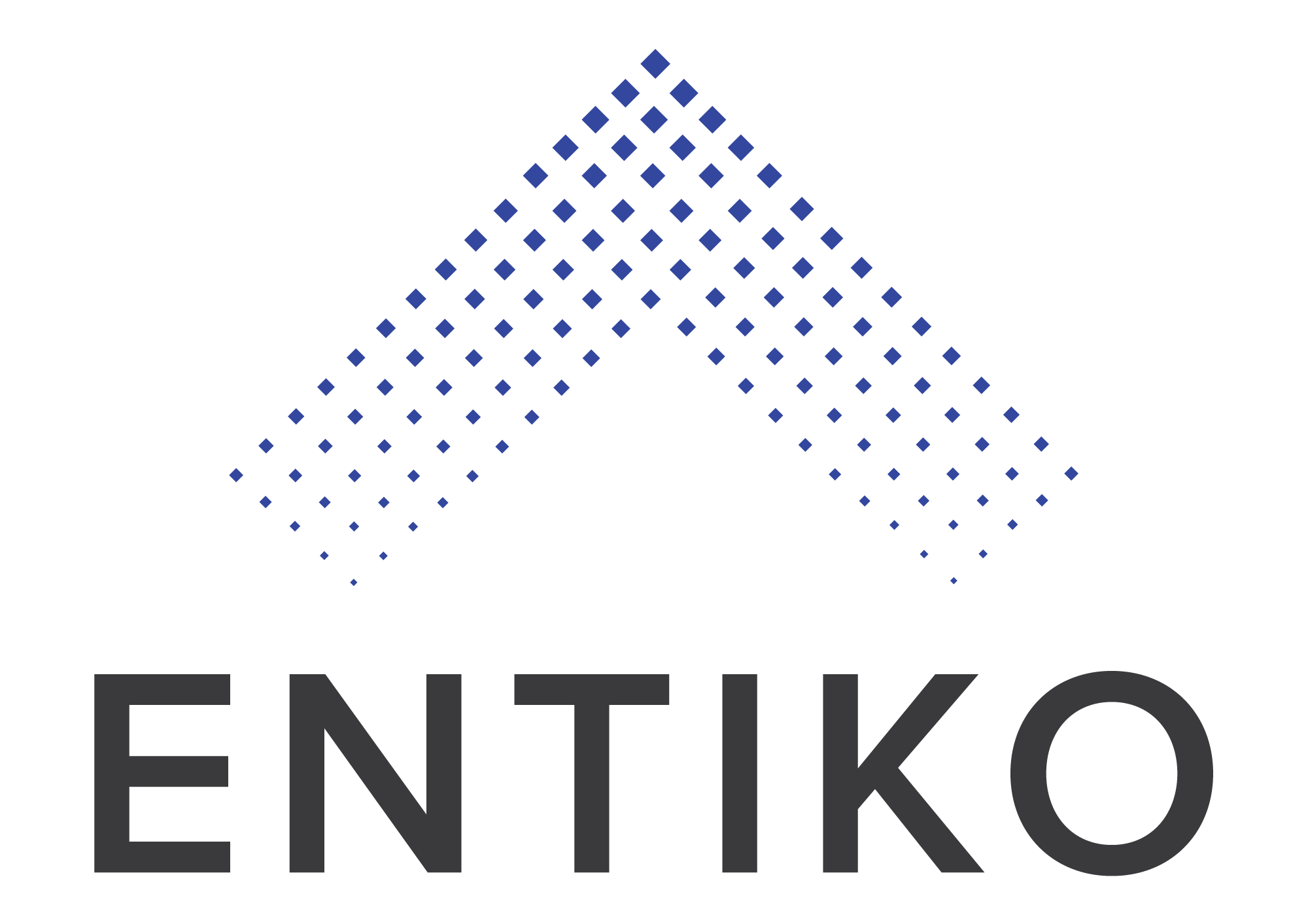The integration of the Internet of Things (IoT) into transportation logistics is revolutionizing fleet management and delivery services. By leveraging IoT technologies, companies are achieving unprecedented levels of efficiency, transparency, and reliability in their logistics operations. This transformation is not only enhancing operational performance but also significantly improving customer satisfaction.
IoT devices, such as GPS trackers and sensors, provide real-time data on vehicle location, condition, and environmental variables. This information is critical for optimizing routes, reducing fuel consumption, and ensuring timely deliveries. Real-time tracking also enhances the transparency of the delivery process, allowing companies and customers alike to monitor the progress of shipments accurately.
In addition to route optimization, IoT technologies facilitate predictive maintenance for fleet vehicles. By monitoring vehicle health and performance data, companies can predict potential breakdowns and perform maintenance proactively. This approach reduces downtime and extends the lifespan of the fleet, ultimately saving costs and improving service reliability.
IoT also plays a vital role in improving the safety and security of fleet operations. Sensors can detect unsafe driving behaviors, such as speeding or harsh braking, enabling fleet managers to address these issues promptly. Moreover, IoT technologies help in securing cargo through real-time monitoring, reducing the risk of theft or loss during transit.
Beyond vehicle management, IoT integration extends to inventory management within the logistics chain. Smart containers and pallets equipped with IoT sensors can monitor the condition of goods in transit, ensuring that sensitive or perishable items are maintained under optimal conditions. This capability significantly enhances the quality control of shipped goods, contributing to higher customer satisfaction.

Enhancing Customer Experience through IoT-Driven Logistics
Central to the benefits of IoT in transportation logistics is the enhancement of the customer experience. Real-time tracking and accurate delivery estimates empower customers with information, reducing uncertainty and improving satisfaction. Additionally, IoT-driven logistics operations can respond more dynamically to changes in demand or unforeseen disruptions, ensuring that customer needs are met promptly and efficiently.
The integration of IoT in logistics also enables more personalized and flexible delivery options. For instance, customers can choose specific delivery times or locations, and changes can be accommodated even at the last minute, thanks to the agility offered by IoT technologies.
While the adoption of IoT in logistics presents challenges, such as data privacy concerns and the need for significant technological investments, the advantages it brings to fleet management and delivery services are undeniable. By enhancing efficiency, safety, and customer satisfaction, IoT is setting new standards in the logistics sector.
Revolutionizing logistics with IoT: Enhanced fleet management, improved safety, and superior customer experiences are setting new industry benchmarks.
As the logistics industry continues to evolve, IoT technologies are at the forefront of driving improvements in fleet management and delivery services. The journey towards more connected, efficient, and customer-centric logistics is well underway, offering a glimpse into the future of transportation. By embracing IoT, companies can not only streamline their operations but also secure a competitive edge in the fast-paced world of logistics.



